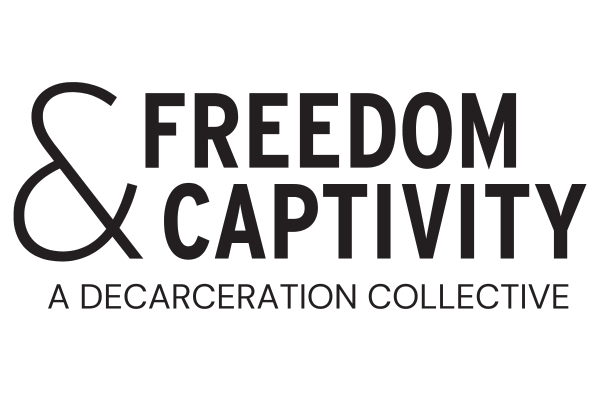Criminal Record Forgiveness Offers Safe and Economical Second Chance to Deserving Mainers
This column is posted with permission of the Bangor Daily News.
Linda Small and Chandler Dugal are formerly incarcerated Mainers and fellows of the Colby College Justice Think Tank. Chandler holds a Master of Public Administration degree from Penn State University, lives in the Augusta area, and works as a paralegal. Linda is completing her Master of Science degree in adult and higher education and works in advocacy. Read the full version of the Think Tank’s position paper here. They are providing this column as a guest contribution for the Maine chapter of the national Scholars Strategy Network, which brings together scholars across the country to address public challenges and their policy implications. Members’ columns appear in the BDN every other week.
Do you believe in second chances or second-class citizenship? Maine’s incarceration rate is higher than many countries, including Iran, Afghanistan, India and China. A recent study showed the unemployment rate for formerly incarcerated people in the U.S. was 27.3 percent compared to 5.2 percent for the general public, and formerly incarcerated people experience seven times the rate of homelessness. People continue to suffer from stigma even after tremendous positive transformations, resulting in discrimination that hinders them from housing and supporting their families. This can lead to reliance on state support or reverting to negative behaviors to survive.
While Maine prohibited private employers from asking about criminal records during initial interviews in 2021, the “Ban the Box” policy does not fully remove employment barriers. The statute prohibits employers from requesting an applicant’s criminal history on their initial application; however, employers may inquire about criminal history during interviews or conduct background checks. These exceptions can deny Mainers employment regardless of rehabilitation or qualifications. A powerful alternative, record expungement, improves economic opportunities. Within a year of expungement, recipients’ average quarterly wages rise by about 23 percent.
Maine seems to be ignoring empirical evidence that expungement of conviction records ensures public safety, benefits state economies, and prevents further entanglement with the criminal legal system. Thirty-eight states offer expungement of some felony convictions, including all New England states except Maine. Since 2005, New England’s workforce has grown by 7 percent, while Maine’s declined by 3 percent. Maine needs workers. Adding only 100 employees could boost Maine’s economy by $14.7 million.
Approximately 95 percent of incarcerated people return home. What kind of neighbors do we want? A conviction history used as outlined above reinforces a negative self-image and identification with criminality. Categorizing people as criminals leads to identifying with criminogenic thinking and antisocial behaviors. Expungement is the erasure of conviction history documents, eliminating their appearance on background checks. Recipients must demonstrate high levels of active accountability through sustained positive behavior and good citizenship. The earned nature of expungement creates no meaningful risk to public safety.
A 2020 study in Michigan, where criminal record expungement has existed for more than 50 years, revealed that felony expungement recipients are significantly less likely to reoffend than other adults, including those with expunged violent felonies since only 0.6 percent reoffend within five years.
People convicted of violent crimes have lower arrest rates than the general population only a handful of years following their arrest. A U.S. Department of Justice study showed that 4.3 years after their initial arrest, individuals convicted of aggravated assault were arrested at equal and subsequently decreasing rates compared to the general population, posing no greater safety threat than the average citizen. Beyond 4.3 years, members of the general population were arrested more often than previously arrested people. Therefore, public safety concerns are not sufficient to block employment and housing opportunities for the previously convicted who make positive life changes.
Record sealing presents an alternative to criminal record expungement, achieving the same desired end as expungement by removing records from public background checks while allowing law enforcement access. Maine already has an existing criminal record sealing framework; albeit only for Class E misdemeanors committed by persons between the ages of 18 and 28. The expansion proposed in a policy paper we recently co-wrote would extend the opportunity to Mainers with felony convictions.
Under current statute, sealed records become unsealed if the individual is convicted of a new crime. This provision assuages fears of “irreversible” expungement. However, it is unlikely that someone who has exhibited sustained exemplary behavior for an extended period of time will reoffend.
Only a handful of changes to existing law would extend earned opportunities to deserving Mainers. Legislators and voters should recognize the clear benefits to workforce participation, further rehabilitation, and reduced government aid dependency proven by expungement programs. We ask that you give due consideration to the life-changing potential offered by criminal record expungement, and call on your representatives to do the same.
Read the op-ed in print here.
